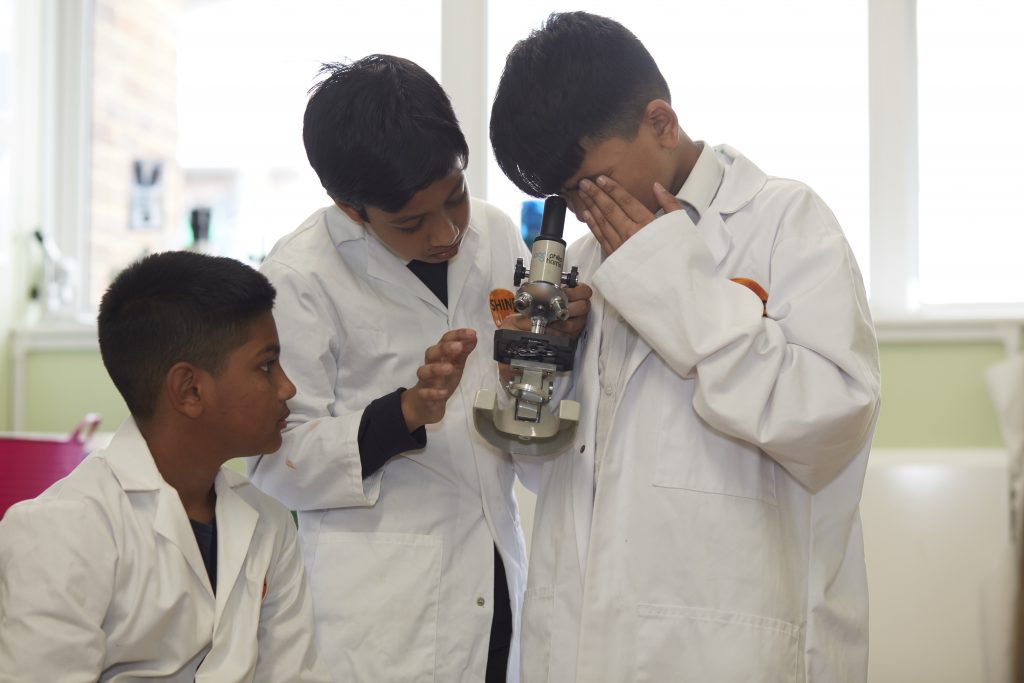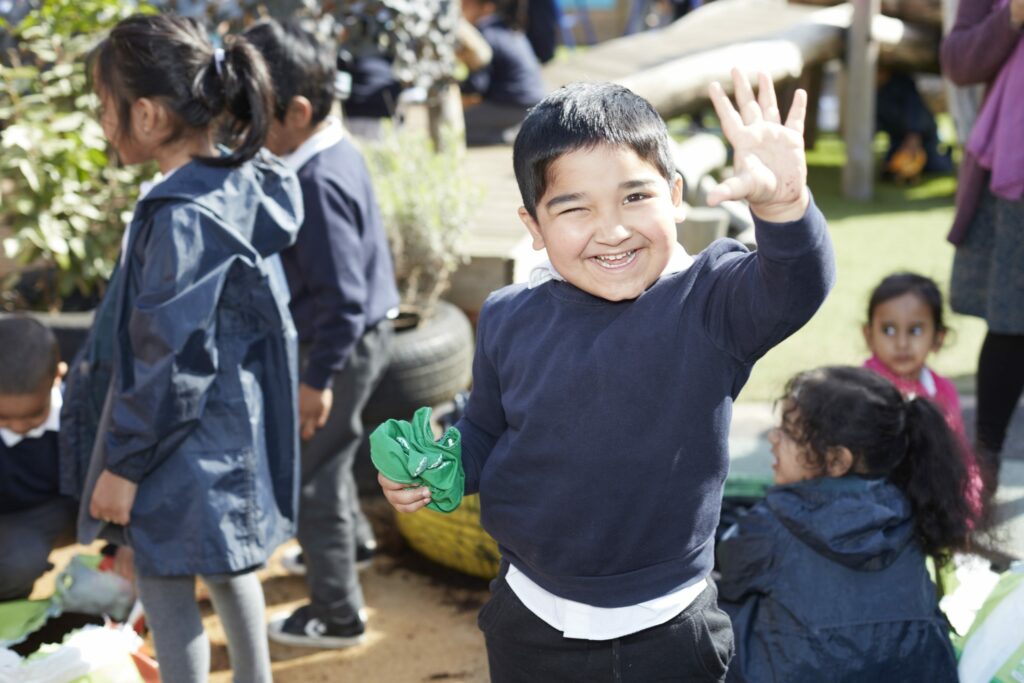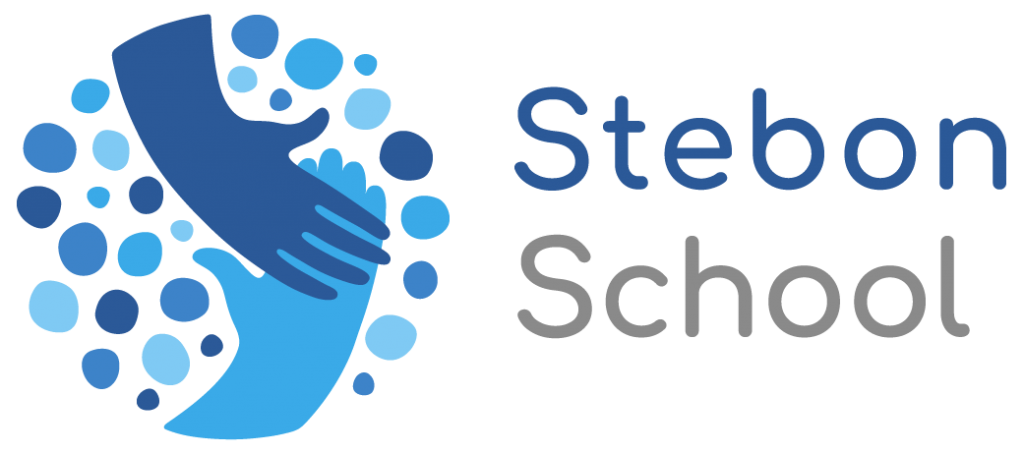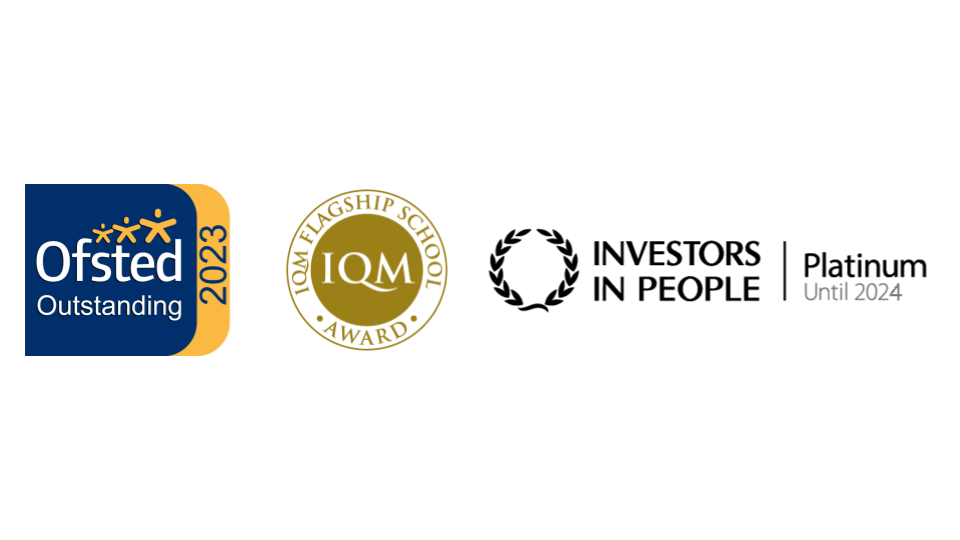SEND Information Report
Have a look at the Tower Hamlets Local Offer on the link below;
https://www.localoffertowerhamlets.co.uk/
How we support pupils with special education needs and/or disabilities
Our vision and how we hope to achieve it
At Stebon we find it unhelpful to think of inclusion in terms of the few. Nor is it just about the many. Inclusion is about belonging and as such involves everyone, every single one. Pupils, staff, parents and governors feel like Stebon is their school, like they belong here and that’s why we’re successful.
Stebon’s Vision Statement is in the form of a set of promises we make to all our pupils:
To all the pupils at Stebon Primary School,
The staff and governors at Stebon promise you that by the time you leave us:
1. You will have had fun, discovered your talents and celebrated many successes along the way.
2. You will love learning, believe it can take you anywhere and want to keep on learning more.
3. You will know that life is a fantastic adventure, have dreams for your future and the confidence to take on the challenges that await you.
4. You will have grown healthy and strong and understand how to look after your body and mind.
5. You will have made friends and learned to treat other people with fairness, compassion and respect.
6. You will understand that the world is a wondrous place and be inspired to make a difference.
We encourage all our pupils to strive to achieve their very best. As teachers we work hard to support all the children in our school to be the best they can, including all children with special educational needs or disabilities.We are committed to helping our pupils overcome any barriers to learning that they may have and have a member of staff designated to organising support for pupils with learning difficulties. The school building is fully accessible for pupils with physical disabilities.
The type of school we are
Stebon is a community primary school for the 3-11 age range. We have a Foundation Stage (Nursery and Reception) for children aged 3-5. There are 3 classes in each year group with 667 children in the school altogether.
Stebon is one of 2 primary schools in The LETTA Trust, a multi-academy trust (MAT). The other is Bygrove Primary. Both are in Poplar, East London.
Stebon is an active member of the LETTA Teaching School Alliance (TSA).
Our Ofsted rating
In our last section Ofsted inspection, Stebon was awarded an Outstanding grade:
‘The provision for pupils with special educational needs and/or disabilities (SEND) is exceptional. Leaders identify pupils with SEND at the earliest opportunity. Adults who support pupils with SEND are experts at what they do. They know the needs of pupils with SEND very well. Staff encourage pupils with SEND to become confident and independent learners. All pupils with SEND access the same curriculum as other pupils.’

The kinds of SEN that are provided for
Our school currently provides additional and/or different provision for a range of needs, including:
1. Communication and interaction, for example, autistic spectrum disorder, speech and language difficulties
2. Cognition and learning, for example, dyslexia, dyspraxia,
3. Social, emotional and mental health difficulties, for example, attention deficit hyperactivity disorder (ADHD),
4. Sensory and/or physical needs, for example, hearing impairments, processing difficulties
5. Moderate/severe/profound and multiple learning difficulties
During the autumn term, we invite all parents/carers in to the school to meet their child’s class teacher. We ask parents to let us know if their child has a disability or they feel their child has any special educational needs so that we can discuss this and make sure the right support is in place. In addition to this, the EYFS team carry out home visits in order to see the child in their own home and discuss any concerns the parents may have.
If a child is joining us from a new setting, the inclusion leader will use the information provided by the setting to plan the best programme of support. When possible, the EYFS team will also visit the child in their setting. The inclusion leader will liaise with professionals who have already been involved with the child in order for effective transition to take place. This is also the process for children who have transferred in KS1 and KS2.
If a child has special educational needs we know how important it is that they get the help they need as soon as possible. To ensure that any special needs not known about before starting the school are picked up early, all pupils are assessed during the first 3 weeks at the school. Our regular assessment and monitoring procedures continue throughout the children’s time at the school to look out for any special needs that may develop later.
We hold tracking meetings each term for all classes and half termly for Reception and Years 2 and 6 to discuss pupils’ progress and decide on appropriate provision for all pupils including those with SEND or English as an additional language. The inclusion leader also meets regularly with class teachers for highlighting meetings to discuss any concerns about children in their classes.
We work closely with specialist services, such as speech therapists and educational psychologists, who provide expertise in finding out the type and range of the pupil’s needs.
We work hard to maintain good home/school links and parents are always welcome to speak to us if they have any concerns. Our home family engagement officer and school social worker support the needs of families.
What we do to help children with special educational needs
Stebon has developed a wide range of ways in which we support children with different special educational needs or disabilities. This is how we plan support:
We make the following adaptations to ensure all pupils’ needs are met:
1. Differentiating our curriculum to ensure all pupils are able to access it, for example, by grouping, 1:1 work, teaching style, content of the lesson, etc.
2. Adapting our resources and staffing
3. Using recommended aids, such as laptops, coloured overlays, visual timetables, larger font, etc.
4. Differentiating our teaching, for example, giving longer processing times, pre-teaching of key vocabulary, reading instructions aloud, etc.
Part of the school’s budget is for support for pupils with special educational needs and disabilities. This is a fixed amount and so we have to use the money as cost-effectively as possible and make sure we can give help to all the children who need it. We have costed all the ways we support children. Decisions about which support programme is best for a child are made by inclusion leader in consultation with a child’s class teacher and parents/carers.
Parents are invited to contribute to planning through a meeting or if they are not able to come into the school in whatever way is best for them e.g. by telephone or email.
In exceptional circumstances, where we feel we are not able to meet a child’s needs from our own funds we will apply to the local authority for additional support for a child. Parents can do this too.
We are happy to discuss all of this in more detail with parents.
We have a number of teaching assistants who are trained to deliver specific interventions. These TAs will work mostly with small groups to offer support but promote independence. TAs will work 1:1 with pupils when their specific needs require it.
We will follow the graduated approach and the four-part cycle of assess, plan, do, review.
The class or subject teacher will work with the SENCO to carry out a clear analysis of the pupil’s needs. This will draw on:
1. The teacher’s assessment and experience of the pupil
2. Their previous progress and attainment and behaviour
3. Other teachers’ assessments, where relevant
4. The individual’s development in comparison to their peers and national data
5. The views and experience of parents
6. The pupil’s own views
7. Advice from external support services, if relevant
The assessment will be reviewed regularly.
All teachers and support staff who work with the pupil will be made aware of their needs, the outcomes sought, the support provided, and any teaching strategies or approaches that are required. We will regularly review the effectiveness of the support and interventions and their impact on the pupil’s progress.
We work hard to maintain good home-school links with parents. We have a weekly newsletter with general news about the school. We have a parents’/carers’ evening twice a year and we send all parents/carers a report about their child’s progress once a year.
We hold tracking meetings each term for all classes and half termly for Reception and Years 2 and 6 to discuss pupils’ progress and evaluate the provision for all pupils including those with SEND or English as an additional language. For children with special educational needs we also have highlighting meetings each term with the class teacher and the inclusion leader. Children with statements or Educational Health and Care Plans (EHCPs) have yearly Annual Review meetings. Parents are invited to the review and we try as far as possible to arrange it at a time that will allow them to attend.
Parents are always welcome to speak to their child’s class teacher or any member of the leadership team if they have any concerns. Our home school liaison officer and school social worker are also available to speak to.
We will have an early discussion with the pupil and their parents when identifying whether they need special educational provision. These conversations will make sure that:
1. Everyone develops a good understanding of the pupil’s areas of strength and difficulty
2. We take into account the parents’ concerns
3. Everyone understands the agreed outcomes sought for the child
4. Everyone is clear on what the next steps are
Notes of these early discussions will be added to the pupil’s record and given to their parents.
We will formally notify parents when it is decided that a pupil will receive SEN support.
Children need to be happy and be able to behave appropriately to learn well so all our class teachers work with children in their class on social skills, behaviour and wellbeing. If a child has a particular difficulty, their class teacher will have help from colleagues e.g. teaching assistants, the school nurse or the inclusion leader to help support the child.
We also have ‘playground friends’; a group where older children who have been specially trained offer support to younger children.
At Stebon, we make sure that we listen to the children and respond to what they say through our ‘Finding Out What Pupils Think’ programme. Each member of the leadership team meets with a different group of pupils each week to hear their views on a number of topics related to school life. These views then inform decision-making about the children.
Stebon School has clear anti-bullying and diversity policies.
If a pupil has particular behavioural difficulties, we have a Behaviour Support Programme designed to identify the cause of the problem and support the child to avoid the pupil disrupting his/her own or others’ learning and prevent exclusion.
Our School Council has class reps from each year group. Council representatives meet with the school council leader regularly to discuss issues that pupils wish to raise or ideas and suggestions they may have about any aspect of school life.
We always communicate with parents if we think additional support is required and before we contact other specialists.
All staff are required to attend training.
Any trips or outings we plan always include children with special educational needs and/or disabilities. We use part of our budget to make sure that any support needed can be provided. We always consult with parents/carers before arrangements are finalised.
Our school environment
Following a major refurbishment in 2014/15 all of our classrooms are fully accessible for children with mobility issues. The building is on 2 floors throughout but there are lifts at either end. There are accessible toilets with changing facilities available close to the staffroom and a medical/therapy room in which all peripatetic therapies can take place.
We have a range of equipment designed to support the development of children’s coordination and motor skills in class but if any child needs additional equipment we will get this through specialist services, e.g. through Occupational Therapy.
Children joining our school from the nursery visit their new classroom several times before the start of the new school year. Reception class teachers introduce the children to the school once they start to make sure they are confident in their new surroundings.
We have close working relationships with other pre-school providers and services in the local area and we encourage them also to visit to help prepare children who will be joining Stebon. We invite all the parents and carers of children joining the school to meet their child’s class teacher during the summer term before their children start at the school. We also ask parents to let us know if their child has a disability or they feel their child has any special educational needs so that we can make sure the right support is in place for their child.
We help older children prepare for secondary school through a class project in Year 6 ‘Getting Ready for Secondary School’. This helps the children understand for example how a typical day works in a secondary school, what their timetable might look like, how to find out who to go to for help if they need it. As part of the culmination of our ‘Identity’ project in Y6, we invite our most recent alumni (current Y7) back to school for a small ceremony and QandA session with our current Y6.
Our family engagement officer also runs secondary transition workshops.
At Stebon we believe in working with parents and carers as partners and we hope that our parents share that belief. We are always ready to speak to parents about any concerns they may have about their child. The headteachers see or speak with parents and carers by appointment, although both heads are also available to them at other times.
There is an active Stebon Parents’ and Community group and parents are represented on the school’s local governing board (LGB).
When we write to parents and carers, we always try to write in plain English.
We have a group of bi- and multi-lingual staff who offer translation and interpretation in Arabic, Somali, Sylheti/Bengali and Urdu for parents and carers who need help with English.
We hold a yearly ‘Have Your Say Conference’ for parents to offer feedback on all aspects of school life and we also issue a report for parents, Parent Power; to explain how the school has responded to their ideas and suggestions.
Parents are welcome to attend regular coffee mornings and parent clubs, such as sewing and cooking.
Evaluating the effectiveness of our SEND provision
We evaluate the effectiveness of provision for pupils with SEND by:
1. Reviewing pupils’ individual progress towards their goals each term
2. Reviewing the impact of interventions half termly
3. Using pupil questionnaires
4. Monitoring by the SENCO
5. Using provision maps
6. Holding annual reviews for pupils with statements of SEN or EHC plans
Enabling pupils with SEND to engage in activities available to those in the school who do not have SEND
All of our extra-curricular activities and school visits are available to all our pupils, including our before-and after-school clubs.
All pupils are encouraged to go on our residential trips.
All pupils are encouraged to take part in sports day/school plays/special workshops, etc.
No pupil is ever excluded from taking part in these activities because of their SEN or disability.
Please see also the school’s accessibility plan, available from the website

Who to contact for more information or to discuss a concern
- Your child’s class teacher
- The SENCO, Ruth Cattell
- The inclusion leader, Sam Bass
- A senior member of staff – any assistant head/phase leader /Jeremy Iver, headteacher
If in doubt, ask at the school reception.
The school telephone number is 020 7987 4237 or email admin@stebon.org.uk
If you’d like to make a complaint:
Complaints about SEN provision in our school should be made to the SENCO in the first instance. They will then be referred to the school’s complaints policy.
The parents of pupils with disabilities have the right to make disability discrimination claims to the first-tier SEND tribunal if they believe that our school has discriminated against their children. They can make a claim about alleged discrimination regarding:
1. Exclusions
2. Provision of education and associated services
3. Making reasonable adjustments, including the provision of auxiliary aids and services
Phone: 0207 987 4237


